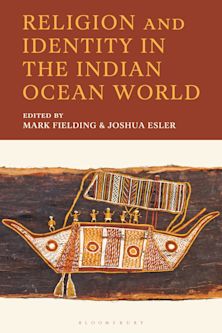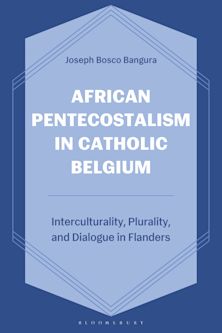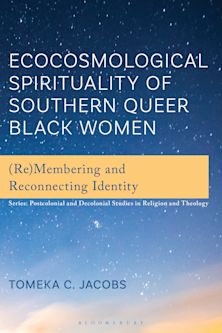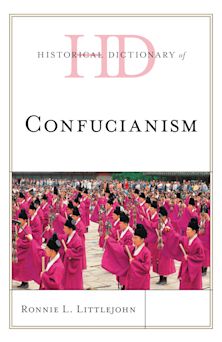Nazi Occultism, Jewish Mysticism, and Christian Theology in the Video Game Series Wolfenstein
Nazi Occultism, Jewish Mysticism, and Christian Theology in the Video Game Series Wolfenstein
This product is usually dispatched within 2-4 weeks
- Delivery and returns info
-
Flat rate of $10.00 for shipping anywhere in Australia
Description
The critically acclaimed if controversial game series Wolfenstein is famous for its inclusion of historical objects and figures from the realm of Nazi Occultism, including the Swastika, the Spear of Destiny, the Thule Medallion, Heinrich Himmler, Helena Blavatsky, and Karl Wiligut. The series was criticized for its alleged Nazi glorification and for completely neglecting primary victims of the Second World War, the Jewish people. But since its reboot with Wolfenstein: New Order in 2014, the series has a new, distinct filo semitic flavor, including a number of explicit Jewish characters, a playable concentration camp level, and several theological discussions on God and the existence of evil. In Nazi Occultism, Jewish Mysticism, and Christian Theology in the Video Game Series Wolfenstein, game theologian Frank G. Bosman critically examines both the Nazi occultist and Judaist inspirations and aspirations of the game series, putting forth the question if the series has not invertedly ventured into implicit antisemitic territory by including the Da’at Yichud, a fictional, ancient, and distinct Jewish organization harboring the great minds of history.
Table of Contents
Part I: Preliminaries
Chapter 1: Why Nazis are Fun: Nazi Glorification
Chapter 2: From Blavatsky to Himmler: Ariosophy
Chapter 3: Hitler’s Deal with the Devil: Nazi Occultism
Chapter 4: The Kabbala: Jewish Mysticism
Chapter 5: Shooting Nazi Zombies: An Overview of the Series
Part II: Analysis
Chapter 6: Daggers, Spears, and Medallions: The SS Paranormal Division
Chapter 7: Don’t Pay Any Attention, Please: To Disclaim or Not to Disclaim
Chapter 8: Celebrating Streicher’s Purim: The Revenge of the Jews
Chapter 9: The Good, the Bad, and the Ugly: The Wrath of the Degenerates
Chapter 10: Failing Gloriously: Wolfenstein’s Theodicy
Part III: Evaluation
Chapter 11: Playing the Jew: Consequences for the Player
Chapter 12: Playing the War: Wolfenstein’s Esotericisms
Bibliography
Product details
| Published | 03 Jul 2024 |
|---|---|
| Format | Hardback |
| Edition | 1st |
| Extent | 196 |
| ISBN | 9781978715516 |
| Imprint | Fortress Academic |
| Illustrations | 2 BW Illustrations, 3 Tables |
| Dimensions | 237 x 159 mm |
| Series | Theology, Religion, and Pop Culture |
| Publisher | Bloomsbury Publishing |
Reviews

ONLINE RESOURCES
Bloomsbury Collections
This book is available on Bloomsbury Collections where your library has access.


































